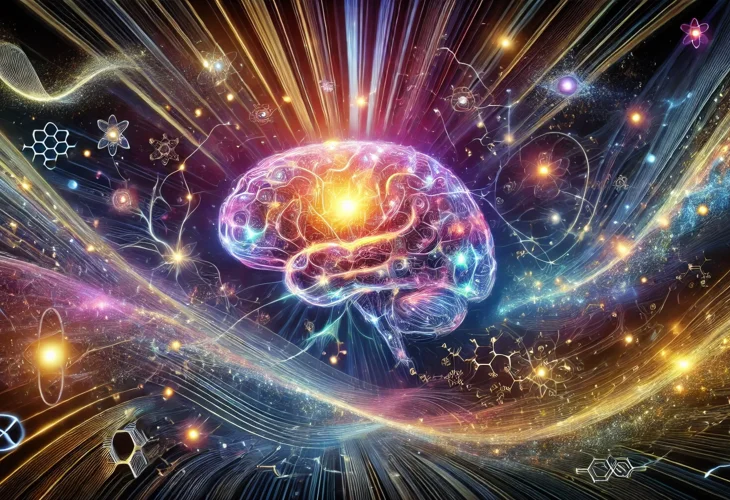The Astronomer's Awakening: "Materialism Is Losing Its Ground"
The foundation of materialism shakes when we grapple with the deeper mysteries of the mind and spirit—if we continue attributing the soul's mysteries to physical mechanisms, we cannot progress.

Adam Frank is an astrophysicist, an astronomy professor at the University of Rochester in New York, an author, and a frequent guest on various programs. He has won numerous awards, including NASA's prestigious prize named after the famous astronomer Hubble. His main area of work is "computational astrophysics," and he focuses on the future of the universe and climate issues.
In 2009, he published a book on the relationship between science and religion. He argues that portraying religion and science as adversaries is both new and misguided. The stance that science explains everything has lost its advantage.
In his book, he writes: "There is an inherent flaw in hiding behind the formidable walls of materialism. Simply put, after a century of deep research into the subatomic world, our leading theory tells us how matter behaves, but fails to explain what matter is. Materialists turn to physics to explain the soul, yet in modern physics, the particles that compose the brain are, in many ways, as enigmatic as consciousness itself."
We must acknowledge that we don't truly understand matter, and our theories don't fully explain it. He recounts: "When I was a young physics student, I asked one of my professors: 'What is an electron?' His answer surprised me. 'An electron,' he said, 'is the thing we attribute electron properties to.' This circular, vague answer was far from the dream that drew me to physics—a dream of theories that perfectly explain reality. Like most students over the last century, I was amazed by quantum mechanics, the physics of the microscopic world. Rather than providing a clear image of tiny material particles to explain the larger world, it offers a powerful yet seemingly paradoxical computational model. It speaks of wave functions representing probabilities, fundamental uncertainty, and experimenters distorting the reality they seek to measure, eliminating the notion of the world's foundations as classic material particles (or miniature billiard balls)."
"Like most physicists, I learned to ignore the oddity of quantum mechanics. The directive from American physicist David Mermin, 'Shut up and calculate!', works well if you're trying to complete your advanced quantum mechanics homework or build a laser. But beneath the extraordinary computational precision of quantum mechanics lie profoundly stubborn questions about the implications of quantum rules on the nature of reality—and our place within it."
"These questions are well-known within the physics community, but perhaps our silencing campaign has been too successful. A century of agnosticism regarding the true nature of matter hasn't significantly penetrated other academic fields, where materialism still seems the most logical way to view the world, especially the mind. Some neurologists believe their grasp of materialist principles is the most accurate approach. Molecular biologists, geneticists, and researchers in various other fields—as well as the general public—are drawn to the finality that materialism supposedly represents. However, this belief doesn't align with what we physicists know about the material world—or more precisely, with what we don't know."
In one of his other articles, he declares: "The foundation of materialism shakes when we grapple with the deeper mysteries of the mind and spirit—if we continue attributing the soul's mysteries to physical mechanisms, we cannot progress."

